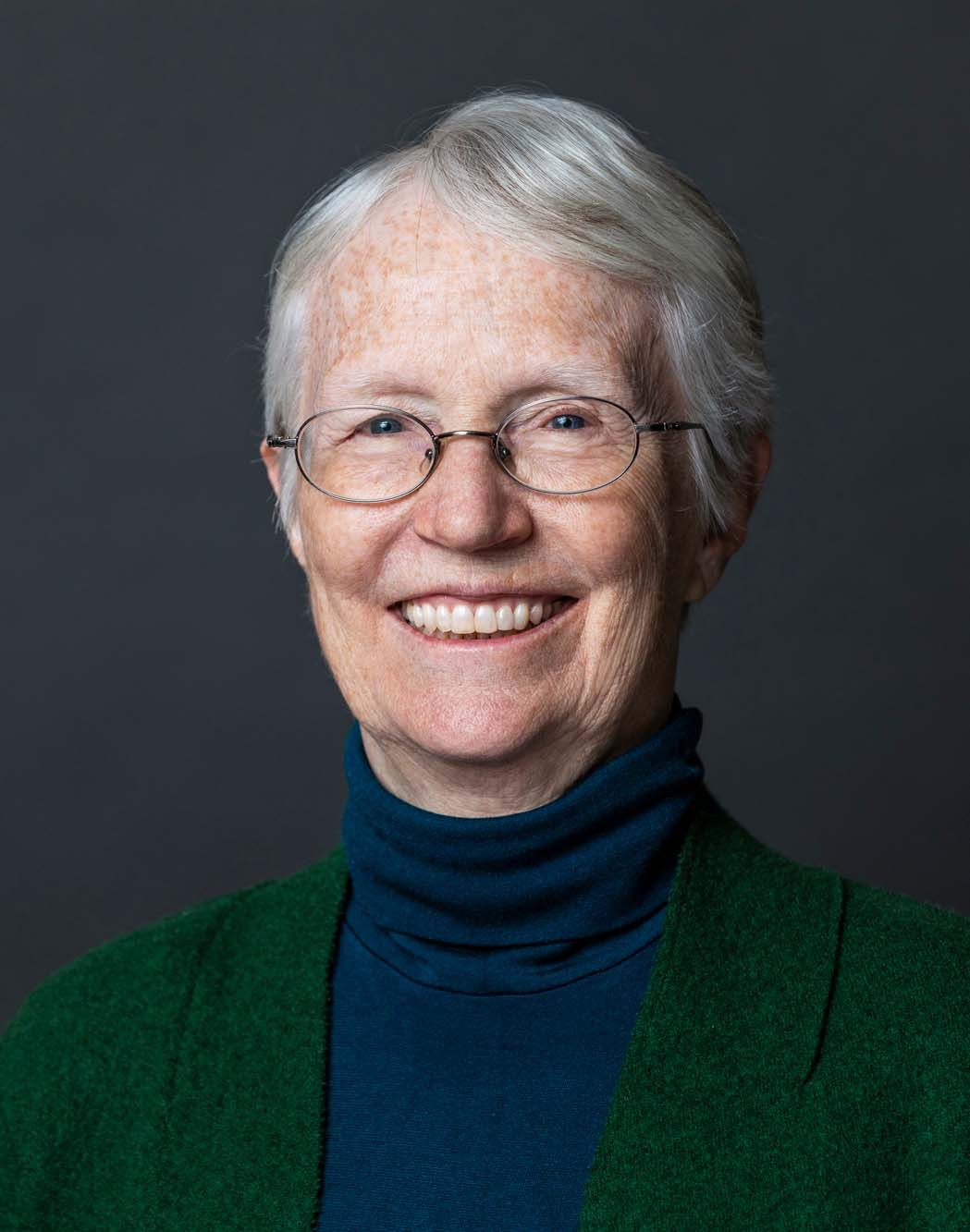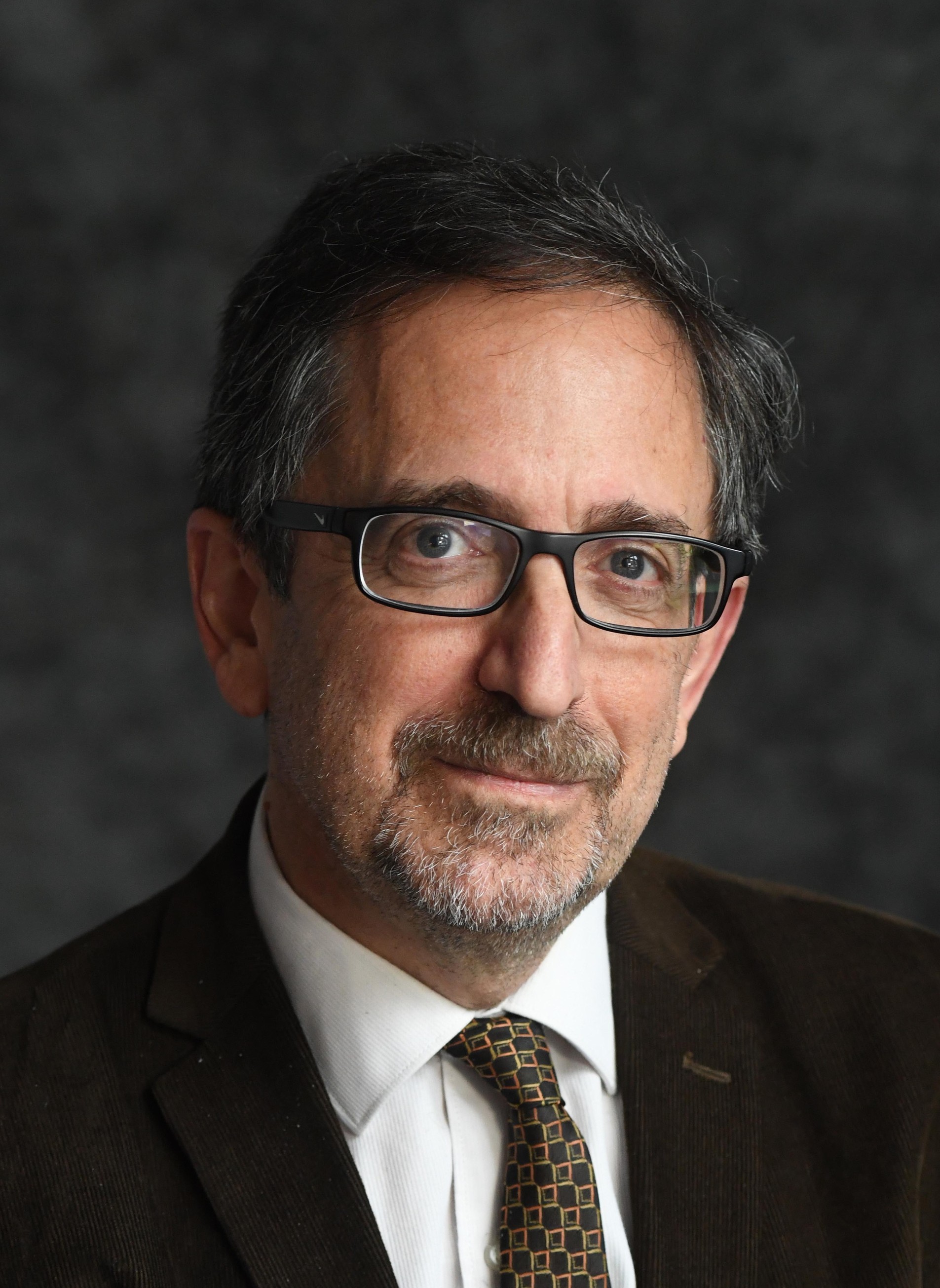Live with the Laureate
Following the Laureate Announcement, join us for an interview featuring our 2022 World Food Prize Laureate Dr. Cynthia Rosenzweig to be interviewed by Andrew Revkin, a renowned environmental journalist with over 30 years of experience and founding director of the new Initiative on Communication and Sustainability at Columbia University's Earth Institute.
Watch online at one of the convenient times below:
7 a.m. CDT 1 p.m. CDT 10 p.m. CDT
Speakers:
Dr. Cynthia Rosenzweig |
Andrew Revkin |
||
|---|---|---|---|
 |
 |
||
|
Rosenzweig spent four decades cultivating our understanding of the biophysical and socio-economic impacts that climate change and food systems have on each other – most recently by founding the Agricultural Model Intercomparison and Improvement Project (AgMIP), a global, transdisciplinary network of more than 1000 leading researchers in climate and food systems modeling. Models are powerful computational tools used in climate, agricultural and economic research to conceptualize current interactions and project future trends. Rosenzweig is an innovator in modeling science, leading vital studies that have shaped the global debate on climate change and agriculture. An agronomist and climatologist, she has been a leader in the field of food and climate since the early 1980s. She has shaped our understanding of the tight relationship between food systems and climate change–that is, severe fluctuations in climate threaten our capacity to feed and nourish humanity while effective mitigation and adaptation strategies both curb climate change and enhance sustainable food production. Rosenzweig realized early on that climate change is one of the most significant, pervasive and complex challenges currently facing the planet’s food systems. She completed the first transdisciplinary model projections of how climate change will affect food production in North America and globally, and she was one of the first scientists to document that climate change was already impacting the cultivation of our food supply. Her early work contributed an important methodological breakthrough in early climate change impact assessments and established the foundations for current work in this field. Now a Senior Research Scientist and head of the Climate Impacts Group at the Goddard Institute for Space Studies (GISS), part of NASA’s Goddard Space Flight Center, Rosenzweig started her career as a farmer. Her research centers farmers to plan and implement groundbreaking mechanisms that foster resilience to climate change. |
Andrew Revkin is one of America’s most honored, experienced and innovative journalists focused on environmental and human sustainability. In 2019, he became the founding director of the Initiative on Communication and Sustainability at Columbia University's Earth Institute, which is now the Columbia Climate School. There he is building programs, tools and collaborations aimed at bridging gaps between science and society to cut climate risk and spread social and ecological resilience. He launched and runs the Sustain What webcast - a conversation series pursuing progress where consequence and complexity collide. The show, streaming across social media, has garnered some 2 million viewers over 270-plus episodes. He also writes a column with the same name for Meta’s Bulletin platform - at revkin.bulletin.com. Revkin has written on global environmental change and risk for more than 35 years, reporting from the North Pole to the White House, the Amazon rain forest to the Vatican - mostly for The New York Times. Before moving to Columbia, he was the strategic adviser for environmental journalism at the National Geographic Society, where he helped expand the Society’s grants and programs fostering effective conservation communication where it’s needed most. He remains a member of the National Geographic Society Committee for Research and Exploration. Revkin began reporting on climate change in the 1980s in magazines and never stopped. He has won the top awards in science journalism multiple times, along with Columbia Journalism School’s John Chancellor Award for sustained achievement, a Guggenheim Fellowship and an Investigative Reporters & Editors Award. He has written acclaimed and award-winning books on Earth’s Anthropocene era, the history of humanity’s relationship with weather, the changing Arctic, global warming and the assault on the Amazon rain forest, as well as three book chapters on science communication. |

See below for more information about the 2022 Laureate and to view the 2022 Laureate Announcement:


